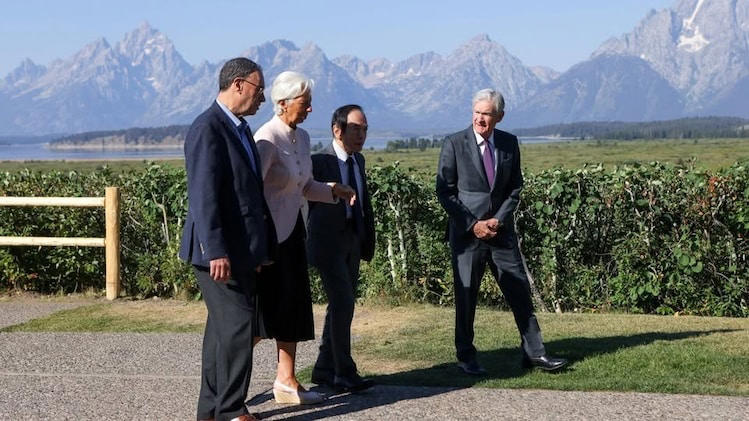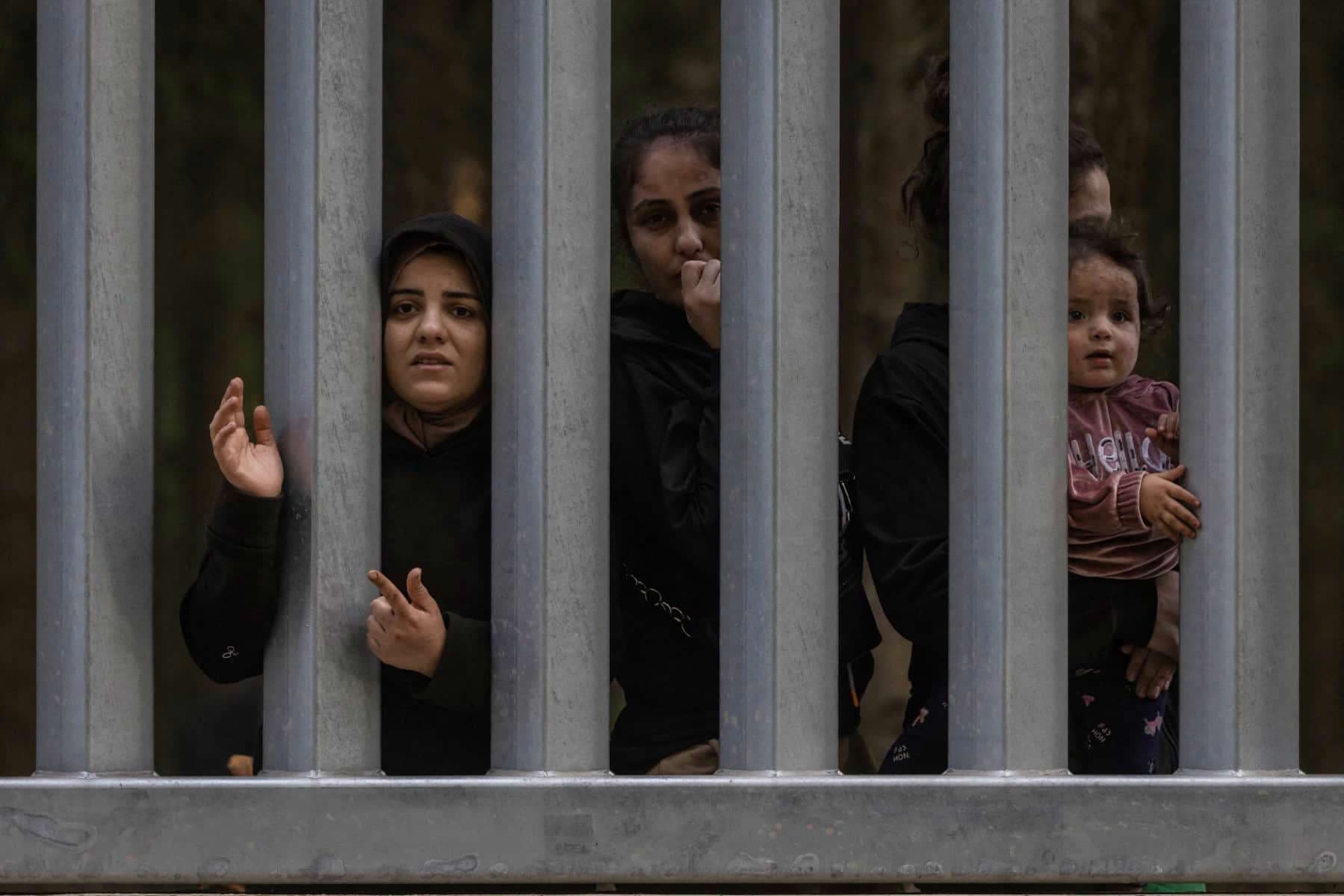Central bankers from major economies have issued a stark warning about the necessity of foreign workers to sustain economic growth amid declining birth rates. Speaking at the Kansas City Federal Reserve’s annual symposium in Jackson Hole, Wyoming, Kazuo Ueda, the governor of the Bank of Japan, emphasized that Japan"s rapidly ageing population has led to significant labour shortages, marking it as one of the nation"s "most pressing" economic issues.
Ueda noted that foreign workers currently make up only 3 percent of Japan"s labour force but contributed to half of the recent growth in that sector. He stated, “Further increases will surely require a broader discussion,” highlighting the need for a comprehensive approach to the issue.
In Europe, ECB president Christine Lagarde echoed these sentiments, warning that without an influx of foreign workers, the euro area could face a shortfall of 3.4 million working-age individuals by 2040. Meanwhile, Bank of England governor Andrew Bailey described the demographic challenges and declining productivity in the UK as “acute,” stressing the importance of attracting foreign talent to mitigate these issues.
As economists stress the critical role of immigration in maintaining growth, concerns over rising populism and negative public sentiment towards immigration pose a complex challenge. This situation is particularly relevant in light of recent developments in global politics and economics, as countries navigate the balance between addressing labour shortages and managing immigration policies. For further insights into related coverage, see UK Faces Economic Crisis: IMF Bailout Looms as Debt Hits £50bn.

Image for Central Bankers Urge Foreign Worker Influx to Combat Labour Shortages







![[Video] Gunfire between Iraqi security forces and Sadr militias in Baghdad](/_next/image?url=%2Fapi%2Fimage%2Fthumbnails%2Fthumbnail-1768343508874-4redb-thumbnail.jpg&w=3840&q=75)
